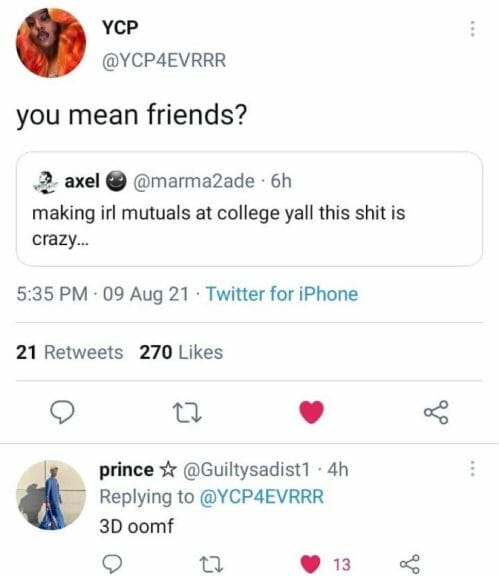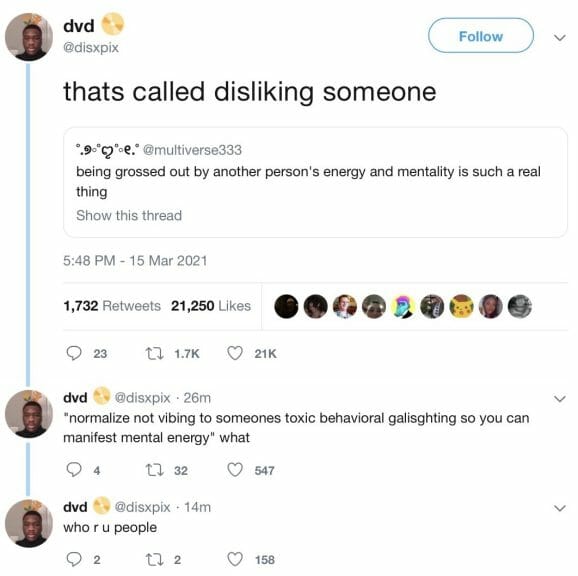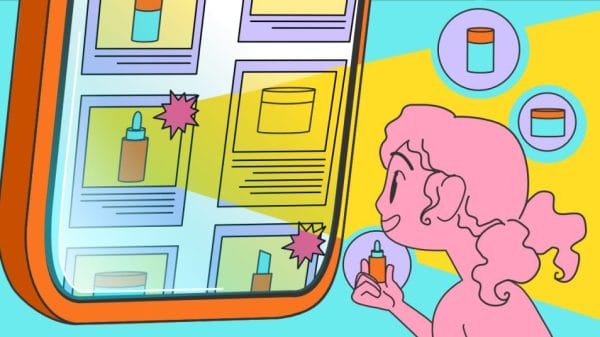Everyone spends a good amount of their life online now, especially after the pandemic, but a new term has emerged to describe those who spend too much time on the internet: chronically online. The phrase has spawned rants and discussions across the internet, but what exactly does it mean to be chronically online?
According to Urban Dictionary, a chronically online person is:
“Someone who is basically always on the internet and their entire existence revolves around being on the internet.”
Chronically online people develop a skewed sense of reality as their views have been shaped by niche internet communities and internet culture. This affects their ability to understand topics like politics and how they interact with others in real life. They will be quick to call out ‘problematic’ behavior and engage in cancel -culture. Also, they often get into online debates which go nowhere. Basically, being chronically online means you have been deeply influenced by internet culture.
‘Chronically online’ has become a weaponized term used to criticize others. It’s often used along with phrases like ‘touch grass’. According to KnowYourMeme, ‘touch grass’ is a term meaning someone needs to get off the internet and experience real life.
Calling out the chronically online
It has become a trend to call out chronically online behavior on TikTok and Twitter (which is, ironically, also chronically online behavior). One such example comes from TikToker Alysha (@mynameisreginaphalange) who made a skit about chronically online behavior.
As you can guess, chronically online behavior is generally about bringing internet-based debates or ideas into real life. Another behavior associated with being chronically online is using internet buzzwords or references too often. On Twitter, one user tweeted they had met ‘IRL mutuals’ instead of saying ‘friends’.

Another tweeted that they were grossed out by a person’s ‘energy and mentality’ to explain they disliked someone.

Where did the term come from?
Surprisingly, ‘chronically online’ (or ‘terminally online’) has been used since the mid-2010s, however, it had a slightly different meaning. Five or so years ago, being chronically online meant that, instead of making friends in person, you met people online. The internet was also your entertainment, instead of going to the cinema or watching TV. The term also covered those who worked online. At the present, this sort of behavior is just considered a normal amount of online activity. The goalposts of what counts as chronically online changed as we all started to rely on the internet even more. In 2022, to be chronically online means being so removed from reality that the line between internet culture and reality has become blurred.
A chronically online epidemic?
The resurgence of the term comes from the growing exhaustion from the ever-changing and rapid cycle of online debates. One harmless tweet or comment about liking or disliking something becomes an argument. Social media has become full of ‘hot takes’ and callouts over insignificant issues. This call-out and cancel culture has normalized turning any kind of online conversation into an argument. People are tired of this attitude and how it shows up in real life, so they’ve re-used a term to, ironically, call people out on it.
How to be less chronically online
If you find yourself wondering if maybe internet culture has taken over your life (and you’re beginning to refer to friends as IRL mutuals) you might be wondering how to stop being chronically online. Luckily, there is a solution. Contrary to the phrase ‘touch grass’, removing all online activity isn’t the only way to stop being chronically online.
Of course, getting out into the real world a bit more and socializing outside of social media helps a lot. Setting a limit on how much time you spend on social media is another great first step. Next, examining what beliefs you are picking up online is another big step. Are they from a reliable source of information? Is an influencer’s opinion something you really agree with? Try to get your news and information from trusted, unbiased sources rather than internet personalities or social media. Clean up your feed, removing anyone who seems to hop on cancel culture bandwagons or generally posts negative content.
By following steps like these, you can start to re-align yourself with your own views and distance yourself from toxic internet opinions or influencers. Being chronically online doesn’t necessarily mean someone is a bad person, it just means they are becoming too influenced by social media, which everyone can fall prey to.














